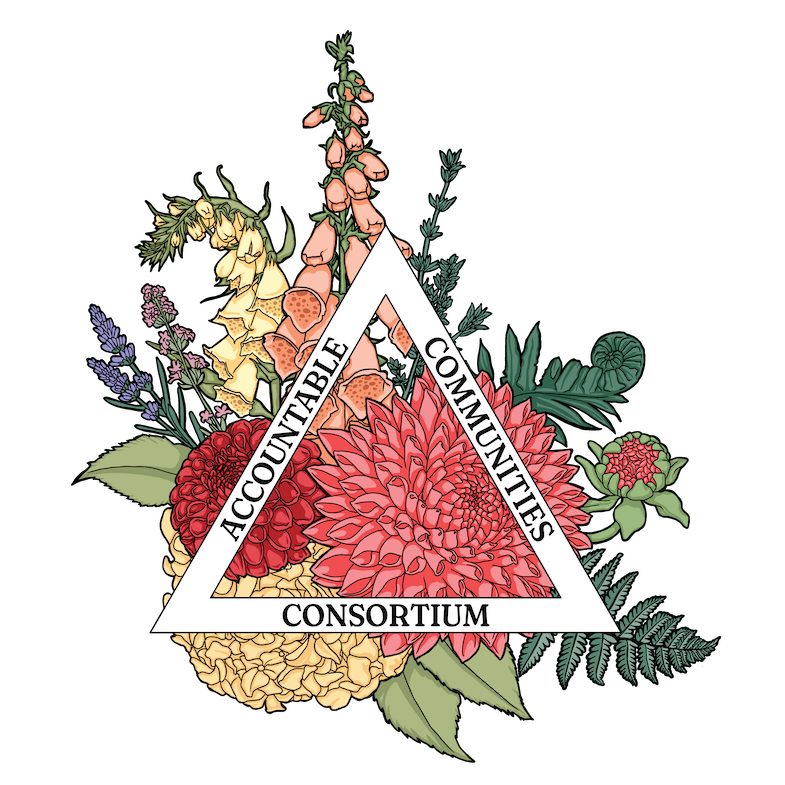People Who Cause Harm
I got an email asking a question about the language I used in my article The Secret Joy of Accountability in The Revolution Starts at Home. The questions around how we both talk about and meaningfully engage with people who have caused grievous harm has become more and more central to my work. To that end I wanted to share the question and my response.
Hello,
Thank you so much for reaching out and for your question.
I have a couple of thoughts. First, this piece was written over twelve years ago. Language is alive, being updated and adapted all of the time. This is particularly true in experiences where we are still learning how to speak about and engage with. Collectively we've done very little work around how we engage with, and what is the place in our society for, people who cause harm, particularly those who cause grievous harm to another person as is the case with domestic and sexual violence. Because we are collectively ambivalent about this question, how we talk about it is ambivalent as well.
I was very much raised and in part politicized by the domestic violence movement. It was working with survivors as a domestic violence advocate that brought me to abolition. The term batterer is a word you will often hear from folks who have been in the domestic violence movement for a long time. As you might know, historically it was not uncommon to have DV programs be called "battered women's programs." You can still see this legacy in well known and well loved programs such as the Battered Women's Justice Program.
I have a complicated relationship with the word "batterer." I think some of the instinct to push back against this term is the desire to humanize people who are abusive, which as I hope you saw from my essay is a key part of the work I do. There's a lot of reasons why we don't call these programs "battered women's programs" anymore including that it defines people who are experiencing domestic violence by what happens to them rather than their own experience, their own surviving. To be battered is what another does to you, to survive is what you do to navigate the situation you're in.
The one place I feel some protectiveness over the term "people who batter" is this pattern I've seen over and over again where collectively we cannot hold the true harm of domestic violence. In general I see the collective softening the harm of domestic violence, talking about it euphemistically in a way that I think detaches us from the very real violence of domestic violence. I deeply understand, it's extremely painful to truly hold and understand the depth of the violence we are capable of doing to each other. It's deeply painful to truly see the depth of violence some people ARE doing to another. It is my belief that if we could truly take in the scope and scale of the harm of domestic and sexual violence we would feel a deep need to urgently act to make different conditions.
Hiding the real harm of this violence is part of what maintains it. That is the one way in which I do think using the term "people who batter" serves us. Terms like violence, harm and even abuse are commonly used and don't generally have a shared definition. Sometimes when we use these terms I think it can have the effect (even if it's not the intent) of flattening the real harm of domestic violence. Because the term "battering" is less often used I do think it can be a tool to help us hold the real and deep harm of domestic violence.
Currently, I mix it up. I don't think just one word works to speak about the kinds of harms of domestic and sexual violence and I don't think we have a very good way to easily talk about the people who are perpetuating these harms. Part of how I attend to that is to not just use one word or phase. I will often say things like "people who are abusive," "people who cause grievous harm," "people who are establishing a pattern of power and control."
My hope is that as we all get better at addressing the harms of domestic and sexual violence, support the people who perpetuate those harms in accountability and the people surviving those harms in self-determination the language for how we talk about this issue will emerge from that work. That is to say, to get better at talking about this issue we must get better at meaningfully addressing domestic violence.
Thank you again for your thoughtful engagement.
In gratitude,
Shannon

